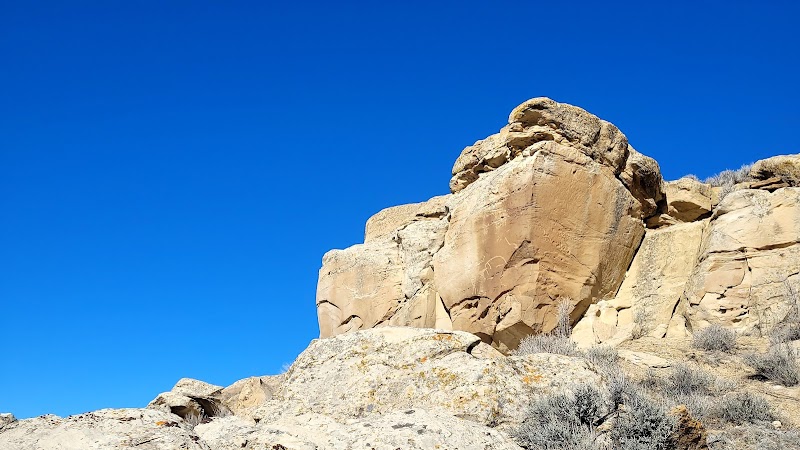
Canyon Pintado National Historic District Adventures
Canyon Pintado National Historic District preserves an extensive collection of prehistoric and historic rock art, offering visitors a unique glimpse into ancient cultures amid dramatic canyon landscapes.
About Canyon Pintado National Historic District

Canyon Pintado National Historic District, located in western Colorado along the northern edge of the Uncompahgre Plateau, encompasses over 20 miles of scenic sandstone canyons adorned with thousands of petroglyphs and pictographs. The district protects rock art created by Native American peoples dating back over 8,000 years, spanning cultures such as the Fremont and Ute tribes. These artistic expressions, etched and painted on rock walls, provide invaluable cultural and archaeological insights into the region’s prehistoric inhabitants. The canyon itself features towering sandstone cliffs, desert scrub vegetation, and habitat for wildlife such as mule deer, coyotes, and various bird species. Visitor appeal centers on exploring the numerous rock art panels accessible via easy hiking and driving routes, including scenic overlooks and interpretive information. The site also intersects portions of the historic Paradox Valley, with links to pioneer history and early ranching. Recreation opportunities are primarily interpretive hikes, photography, and cultural education. As a relatively remote and lightly developed destination, Canyon Pintado offers a contemplative outdoor experience with quiet landscapes and exceptional cultural significance. Due to its archaeological sensitivity, visitors are encouraged to respect the rock art and refrain from touching or vandalizing any sites.
Highlights
Extensive rock art panels featuring Fremont and Ute petroglyphs and pictographs
Scenic sandstone canyon views with striking geological formations
Historic Paradox Valley ranching and pioneer trail remnants
Quiet, low-impact hiking opportunities with interpretive signage
Notable Natural Features
Fremont Petroglyph Panels
Clusters of ancient petroglyphs carved by the Fremont culture depicting animals, humans, and symbolic shapes.
Canyon Pintado Overlook
A viewpoint offering panoramic vistas of the sandstone canyon and surrounding desert plateau.
Historic Ranch Structures
Remnants of early 20th-century ranch buildings and corrals highlight the area's more recent human history.
